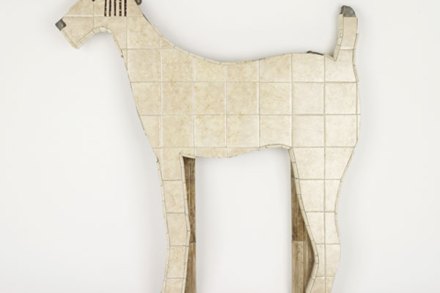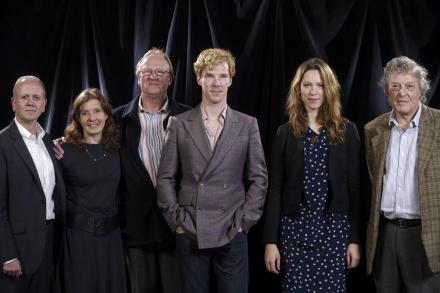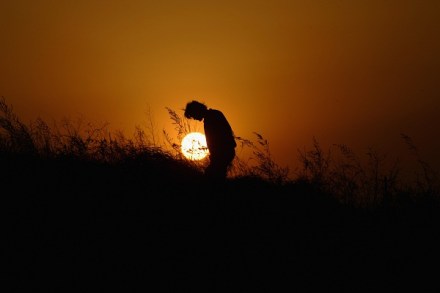Cabinet of curiosities
ExhibitionsIn 1951, the artist and writer Barbara Jones (1912–78) organised an exhibition called Black Eyes and Lemonade at the Whitechapel Gallery celebrating the popular arts of toys, festivities, souvenirs and advertising, to reveal to a largely unsuspecting public the richness of vernacular art in Britain. The original exhibition was evidently an Aladdin’s cave of objects,





















